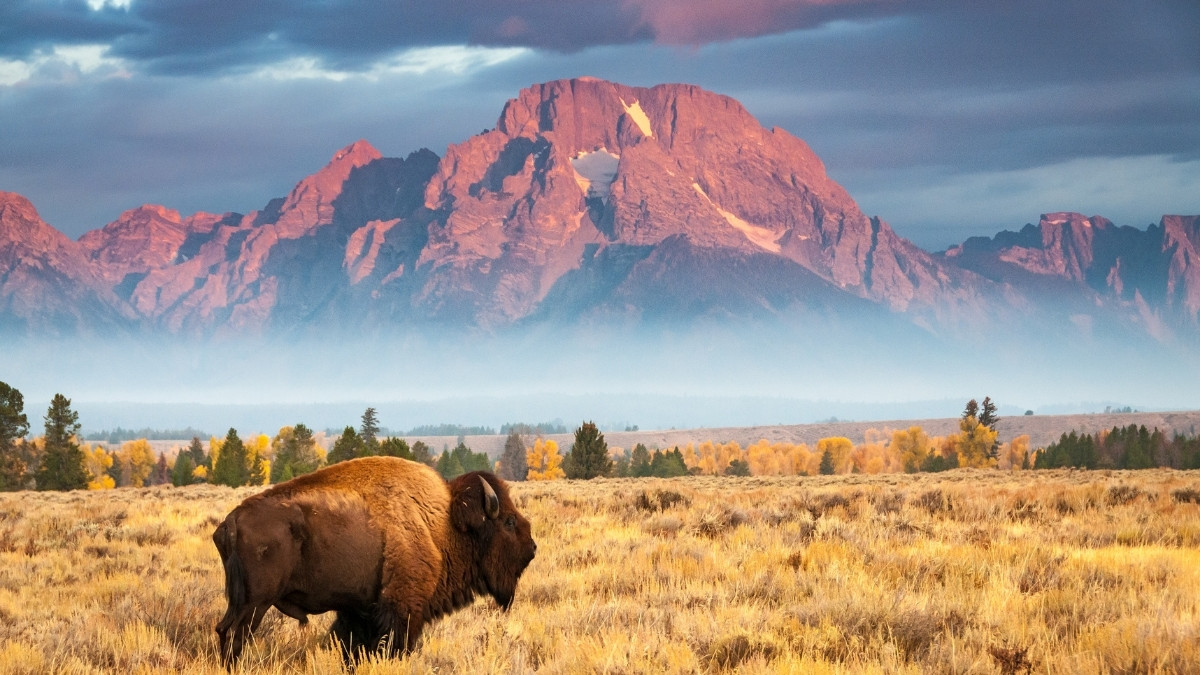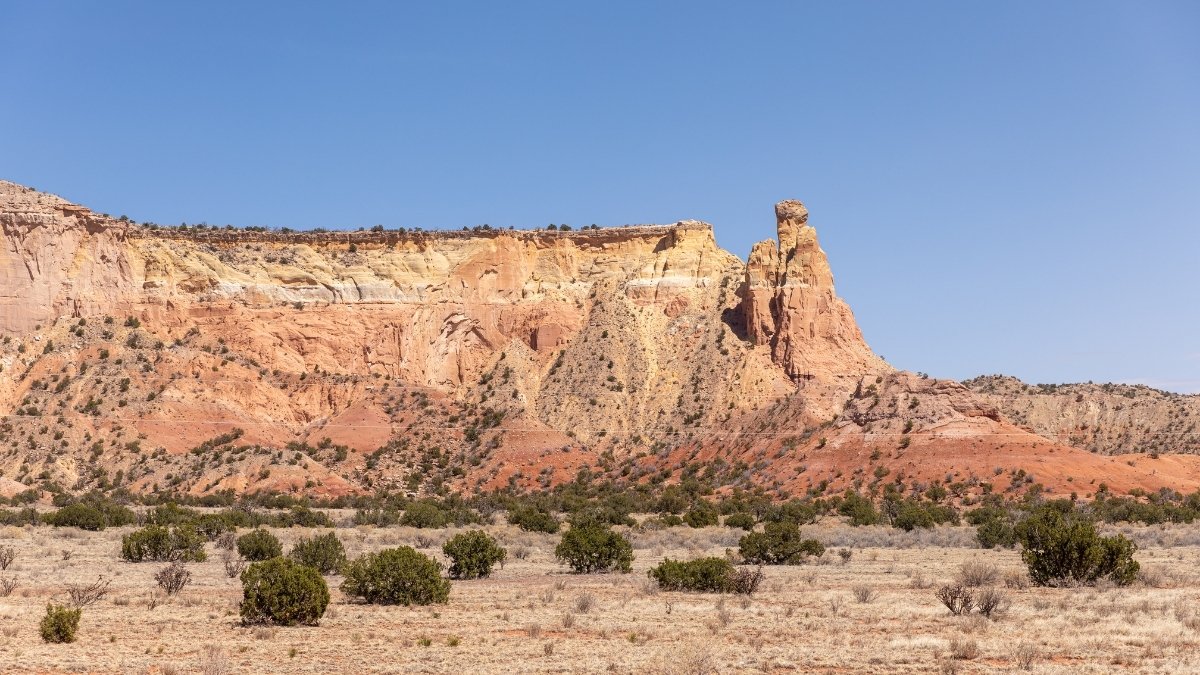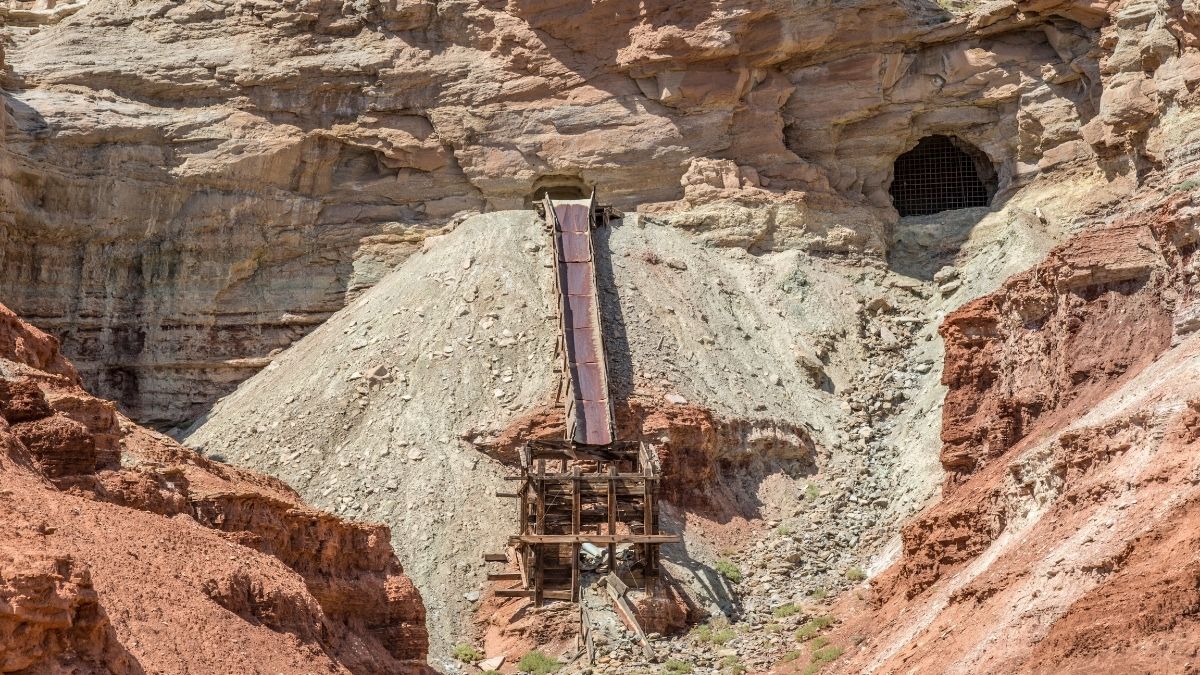Uranium deposits in the U.S. State: Uranium is the main fuel for nuclear reactors and is very important for making electricity without carbon. Protecting its supply chain has become a top national priority. The U.S. Energy Information Administration (EIA) says that the U.S. gets almost all of its nuclear fuel from other countries, even though it has been important in the past.
But recent changes in world politics and a renewed focus on nuclear power as a clean energy source have made US uranium deposits very interesting and worth investing in. Mining companies have begun operations that were on hold and are looking into more of the country's vast resources.
To figure out what will happen to uranium mining in the US in the future, we need to know where the biggest deposits are and which states are most likely to be able to produce uranium in the future.
Which States Hold the Largest Uranium Reserves in the U.S.?
While many states have minor occurrences, a few states dominate the landscape for economically recoverable uranium, meaning those resources that can be mined profitably under current market conditions. The largest reserves of uranium deposits in the United States are concentrated in the Western region, specifically across the Colorado Plateau and the Wyoming Basins.
| S.No. | U.S. State with Uranium Deposit | Historical and Modern Significance | Deposit Type |
| 1 | Home to the Powder River Basin, the most active area for modern In-Situ Recovery (ISR) mining. | Sandstone (Roll-front) | |
| 2 | The Grants Uranium Region was the most prolific source during the Cold War boom. Still holds significant, high-grade reserves. | Sandstone (Peneconcordant/Grants District) | |
| 3 | Part of the resource-rich Colorado Plateau. Production historically focused on vanadium co-product. | Sandstone | |
| 4 | The Gulf Coast region hosts important deposits suitable for low-cost In-Situ Recovery (ISR) operations. | Sandstone (Roll-front) | |
| 5 | Part of the Colorado Plateau and home to the White Mesa Mill, the only operating conventional uranium mill in the U.S. | Sandstone |
Check Out - How Many United States Territories are There?
Wyoming

Wyoming is currently the most significant state in terms of both known reserves and active US uranium production. The Powder River Basin is the heart of its activity, where the geology is ideal for In-Situ Recovery (ISR). ISR is a modern, less invasive method that involves pumping a solution underground to dissolve the uranium, which is then recovered on the surface. Key areas and deposits include the Smith Ranch-Highland and Lost Creek projects.
New Mexico

New Mexico is home to the legendary Grants Uranium Region, which alone has produced a colossal amount of uranium, making it the greatest source in U.S. history. While most conventional mines here are currently non-operational, the state still holds enormous high-grade uranium deposits that could be central to any major long-term revival of uranium mining in the United States.
Texas

In South Texas, the coastal plain hosts roll-front uranium deposits that are well-suited for ISR operations. States like Texas and Nebraska are becoming more important as they are home to some of the most reliable and environmentally controlled ISR production facilities, making them vital to the current, albeit small, domestic supply chain.
Utah and Colorado

Abandoned Dirty Devil Uranium Mine in Utah
These states are part of the vast Colorado Plateau, a region synonymous with the mid-20th-century uranium boom. They are crucial not just for their in-ground resources, but because the White Mesa Mill in Utah remains the nation's only licensed and operating conventional uranium mill, a critical piece of infrastructure for processing ore from mines across the four-state region.
Also Read - Which is the Largest Forest in the United States? Check List by State and Size
As energy security gets tighter, the question of where uranium is mined in the United States becomes more important. The U.S. depends a lot on imports right now, but the huge uranium deposits in the U.S., especially in the Western states, are a huge strategic reserve. As prices go up around the world and the government focuses on domestic supply, the gradual, modern revival of US uranium production through efficient methods like ISR is becoming a clear part of America's long-term energy strategy.
Comments
All Comments (0)
Join the conversation